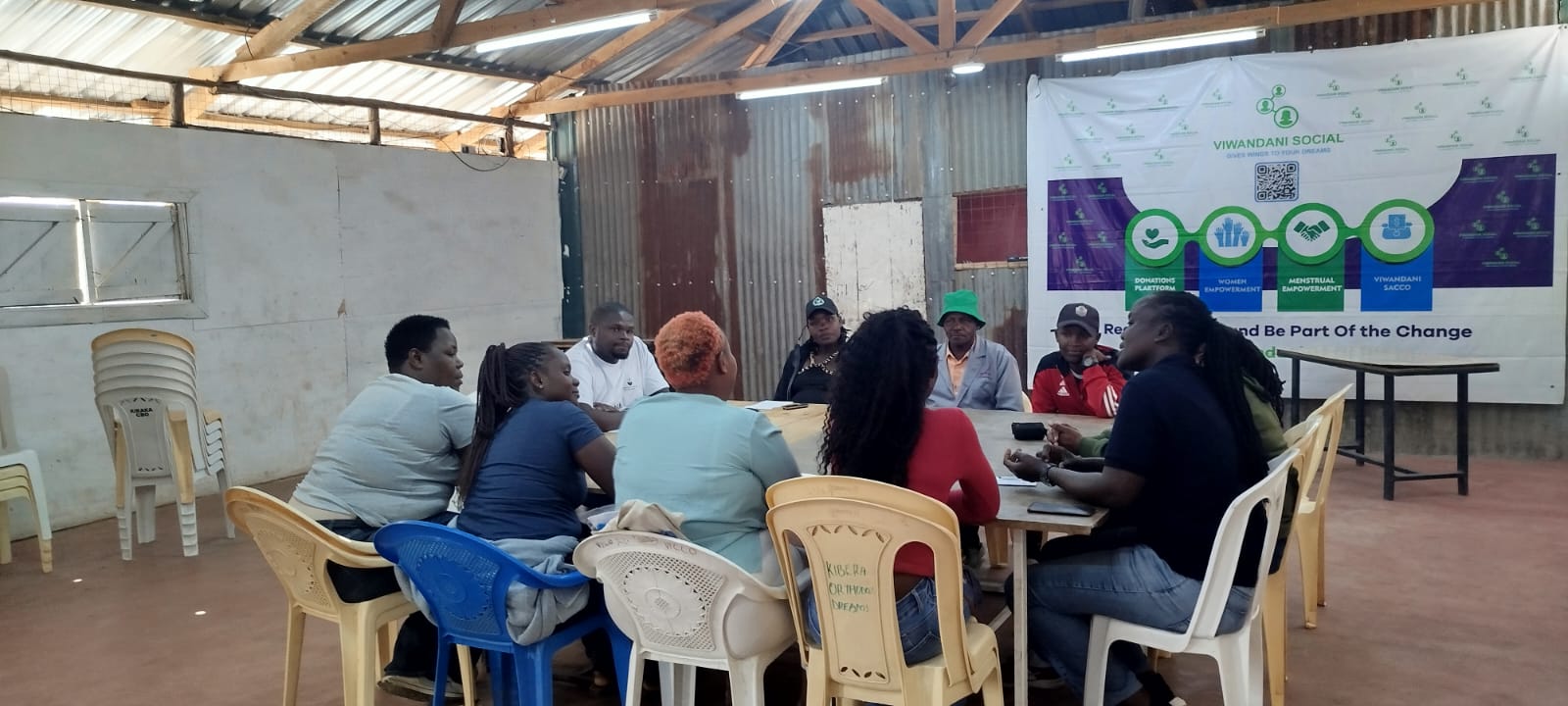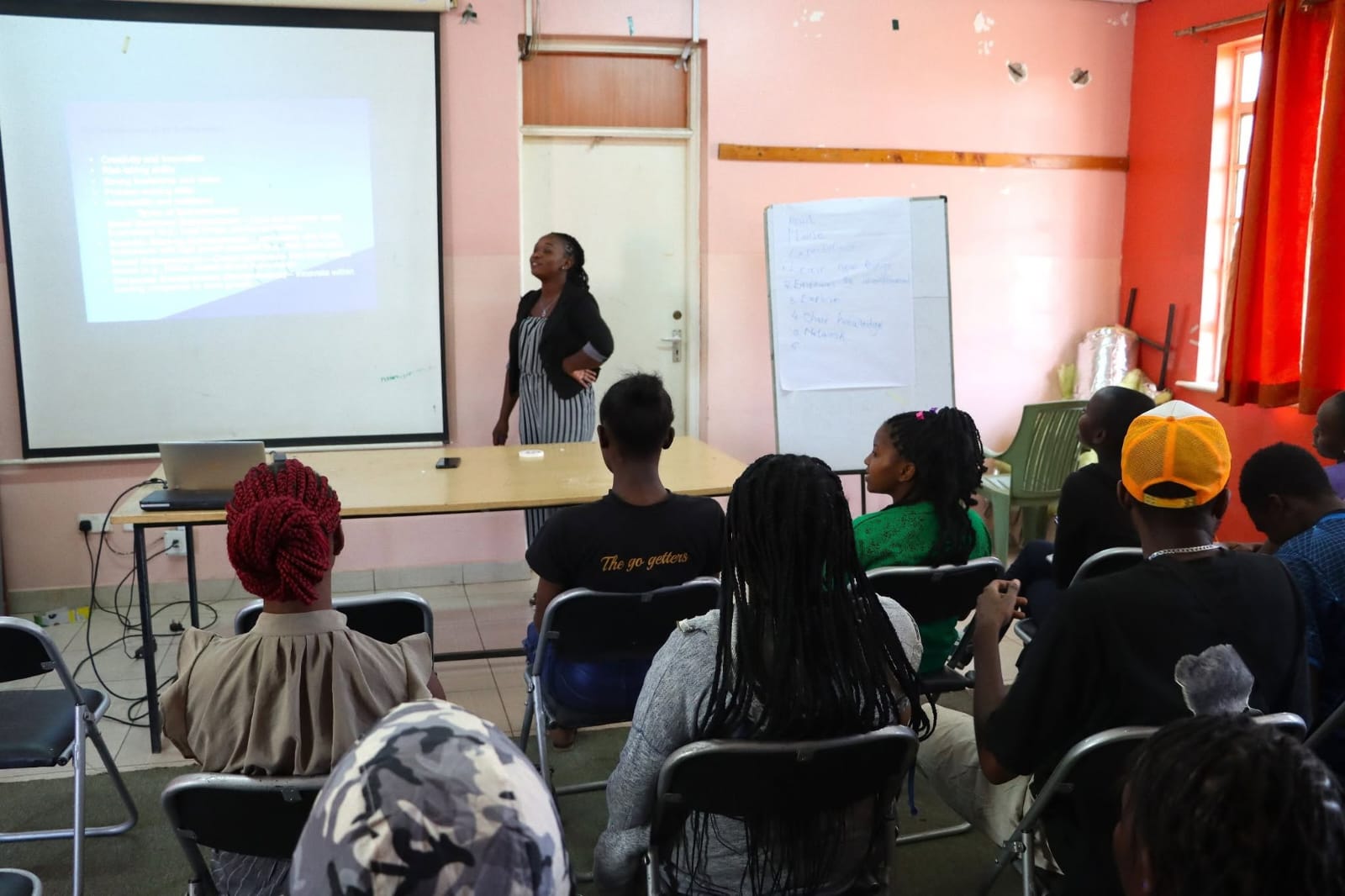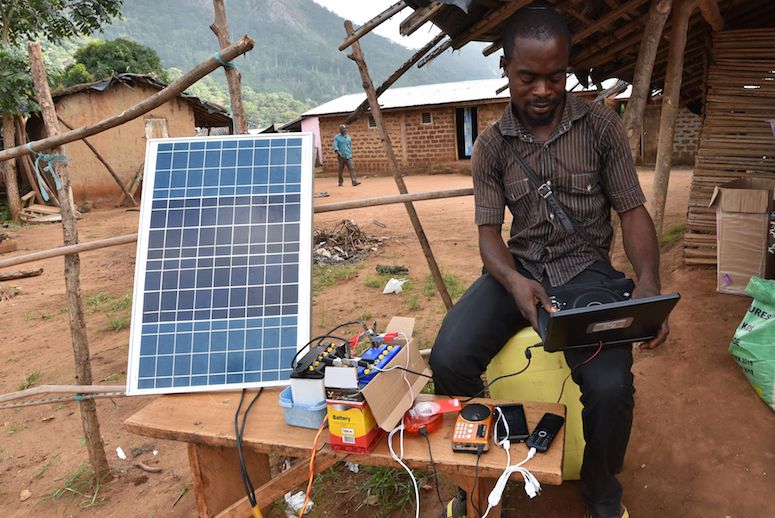FALSE: Photo does not show the drought situation in Embolioi, Kajiado County, in October 2022
HOAX: This poster advertising jobs and internships at Kenya Ports Authority is a sham
The parastatal has disowned the jobs poster, dismissing it as fake.

This poster on Facebook advertising jobs and internships at the Kenya Ports Authority (KPA) is a HOAX.
The poster claims the KPA has 27 job offers, with applicants required to be 18 years old and above, have a degree, diploma, or certificate, and with no pending court cases. Experience in a relevant role is advantageous, the advert adds.
Applicants are also required to send their updated curriculum vitae, identity card and application letter to a provided Gmail address.
PesaCheck sought to authenticate the validity of the purported jobs.
The jobs poster has several red flags, including jobseekers being asked to send their applications to a Gmail address, which is unusual for government organisations. Typically, the organisations use email addresses with the suffix “.go.ke” or “.co.ke”.
To verify the poster’s authenticity, we reviewed the KPA’s verified social media page for any job advertisements. We found a post denouncing the poster in question as fake.
KPA flagged the poster we are debunking thus: “Jobs scam alert!! Kindly ignore this fake advert. To check on available vacancies at KPA, please visit www.kpa.co.ke.”
We also came across another post, where KPA flagged a text message sent to a job applicant. Successful applicants from the job poster were requested to provide their personal details through a Google Form.
Additionally, they were asked to pay a partial medical assessment fee of KSh1,350 either in person, at the company’s Naivasha offices, or via M-Pesa by 28 July 2023. After payment, applicants were instructed to paste the transaction code on the Google Form.
However, KPA has termed the Google Form as fake.
“Jobs scam alert!! Kindly beware of scammers purporting to be recruiting job seekers on behalf of KPA. Ignore these fake adverts as they are meant to defraud the unsuspecting public,” KPA warned jobseekers.
According to the Ports Authority’s career portal, there are no current job vacancies.
PesaCheck has looked into a poster on Facebook claiming that there are jobs and internship opportunities at Kenya Ports Authority (KPA) and found it to be a HOAX.
This post is part of an ongoing series of PesaCheck fact-checks examining content marked as potential misinformation on Facebook and other social media platforms.
By partnering with Facebook and similar social media platforms, third-party fact-checking organisations like PesaCheck are helping to sort fact from fiction. We do this by giving the public deeper insight and context to posts they see in their social media feeds.
Have you spotted what you think is fake or false information on Facebook? Here’s how you can report. And, here’s more information on PesaCheck’s methodology for fact-checking questionable content.
This fact-check was written by PesaCheck fact-checker Naomi Wanjiku and edited by PesaCheck senior copy editor Cédrick Irakoze and acting chief copy editor Francis Mwaniki.
The article was approved for publication by PesaCheck managing editor Doreen Wainainah.
PesaCheck is East Africa’s first public finance fact-checking initiative. It was co-founded by Catherine Gicheru and Justin Arenstein, and is being incubated by the continent’s largest civic technology and data journalism accelerator: Code for Africa. It seeks to help the public separate fact from fiction in public pronouncements about the numbers that shape our world, with a special emphasis on pronouncements about public finances that shape government’s delivery of Sustainable Development Goals (SDG) public services, such as healthcare, rural development and access to water / sanitation. PesaCheck also tests the accuracy of media reportage. To find out more about the project, visitpesacheck.org.
PesaCheck is an initiative of Code for Africa, through its innovateAFRICA fund, with support from Deutsche Welle Akademie, in partnership with a coalition of local African media and other civic watchdog organisations.







